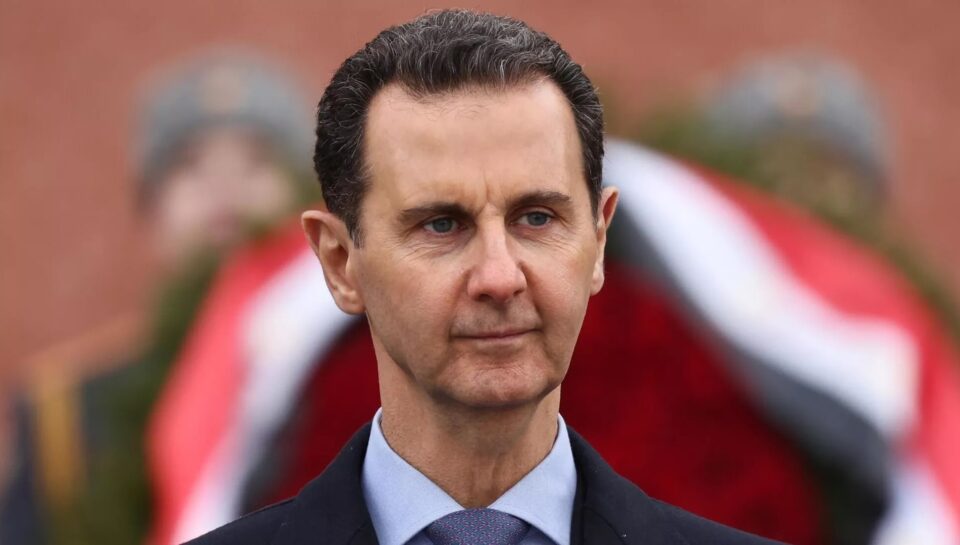Syed Khalid Muhammad, Executive Director – CommandEleven, spoke with Sputnik India’s Pawan Atri about the Bashar al-Assad regime’s downfall and its implications for Pakistan.
“Pakistan has a long relationship with the Syrian people with education, doctors, and humanitarian aid being sent regularly, aside from commercial investments, but what happens next in the relationship depends heavily on the interim government that would be formed by Hayat Tahrir al-Sham (HTS), Khalid Muhammad stressed in a conversation with Sputnik India.“Since the rebel takeover, the reports emerging from Syria have been very concerning for the Muslim world: there is in-fighting among the factions, Islamic State* and Al-Qaeda* prisoners are being released, while Israel has seized around 400 sq km in the Golan Heights, he revealed.”“Israel has carried out over 300 airstrikes decimating Syrian military infrastructure and equipment, while the US has also carried out over 100 bombing missions on Islamic State targets in Syria. There seems to be a fear that the Islamic State or al-Qaeda may use Syria as a foothold, making things unclear enough for any nation to start a discussion on relationships with the new administration yet,” he said in an interview with Sputnik India.
“If HTS is able to bring a government to power, and schedule elections, Pakistan will be able to assess its position with more clarity, but in the current framework, every nation in the world is wondering what is going to happen next, making discussions about diplomatic, humanitarian and commercial relationships secondary, until Syria is able to develop some stability on ground, Khalid Muhammad expressed.Pakistan has already been through this exercise when the Taliban took control of Kabul. Islamabad was quick to provide humanitarian aid, as both a neighbour and brother nation, but when the Taliban was unable to stop terrorism from their soil against Pakistan, the government was forced to take stricter measures. Hence, that experience will be referenced while deciding on the next moves with Syria.This is also highly dependent on what happens with the Islamic State and al-Qaeda factions, who have already started executing regime soldiers in Syria, even after Abu Mohammad al-Jolani announced an amnesty, as well as Christians and Kurds who refuse to convert to Islam.What we are seeing is a repeat of what happened in Afghanistan after the US withdrawal in a significantly more hostile region, the analyst remarked.”
The full interview can be read here.


